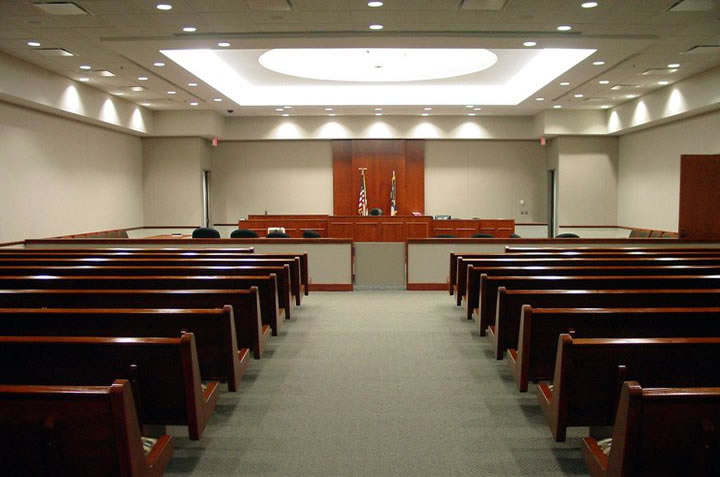
The Supreme Court has spoken.
Immigration officers can no longer place someone in immigration court hearings to face removal charges without telling them where and when to appear.
Call Today:


The Supreme Court has spoken.
Immigration officers can no longer place someone in immigration court hearings to face removal charges without telling them where and when to appear.

I’m not an unequivocal fan of Lozada motions to reopen cases for ineffective assistance.
It’s not that I think immigrants are never the victim of incompetent guidance, duplicity, or outright corruption.
It’s not that I think lawyers, like judges, are incapable of mistakes.

If you continue reading this blog post, you might be placing me in line to face criminal charges.
Why?
Because my commentary could be knowingly or recklessly encouraging or inducing an undocumented immigrant to come to, enter, or reside in the United States in violation of federal law.
In other words, by doing what a lawyer is supposed to do.
By adhering to my professional duty to care, protect, and guide clients.

On July 2, 2019, the Department of Justice published amended rules governing appeals of immigration court decisions. The new rules take effect September 3, 2019.
The rules attempt to resuscitate Affirmance Without Opinion, a BIA procedure discredited during the Bush and Obama administrations.
The problem?
Affirmance Without Opinion (AWO) sacrifices constitutional due process for political expediency.
In the name of justice.

By the middle of my first year of law school, I considered writing a book about the absurdities of legal logic.
Even from my rookie standpoint, I discerned legal reasoning often led to incompatible results among factually similar cases.
Now, having practiced immigration law for a few decades, I can attest that even legal policies regarding the same subject matter can move in contrary directions.

According to the Department of Justice, the Board of Immigration Appeals completed 36,690 cases in 2013.
There are 15 Board members.
On the average, this means 2,446 decisions per Board member per year.
203 decisions per Board member per month.
Assuming a 40 hour week, 50 weeks per year, each Board member works 2,000 hours per year.
That’s 49 minutes per case.
In a best case scenario.

The crossover between immigration and criminal law continues to plague many immigrant families, often separating loved ones for life.
Once immigrants are charged with having committed an aggravated felony, they are left with limited recourse to relief from deportation and removal.
Meanwhile, changes to deportation law are not on the immigration reform agenda.
Lately, various courts like the Ninth Circuit of Appeals have begun opening doors of hope for such immigrant defendants.

Recently, the Massachusetts Supreme Judicial court held that all immigrants convicted of crimes since April 1, 1997 can seek to reverse those convictions.
In order to prevail, immigrants must show their lawyers gave them bad advice about the impact a conviction would have on their immigration status.

Prior to April 1, 1997, Immigration and Nationality Act section 212(c) provided a waiver for certain lawful permanent residents who were rendered deportable by a criminal conviction.
But on that day, the constitutional promise of immigration due process dimmed, and deportation defense died.
Almost.
Left in a coma-like state by Newt Gingrich and his Congressional cronies, the concept of fairness in immigration law became a political farce, if not a national tragedy.
The implementation of the Illegal Immigration Reform and Immigrant Responsbility Act (IIRAIRA), as noted in Newt Gingrich: The Grinch Who Stole Immigration Reform, was intended to eliminate nearly every avenue of legalization for immigrants.
At the time, I was an immigration lawyer in Escondido. I knew we had officially entered the dark ages of immigration law. There was no turning back. The gauntlet had been thrown down. It was fight or flight time.
Among the casualties, section 212(c) of the Immigration and Nationality Act.

When it comes to immigration law, what the Obama administration giveth, the Obama administration taketh away.
In mid-August, the administration announced it would suspend deportations against undocumented immigrants if they did not pose a national security or public safety threat.
The statement omitted any references to lawful permanent residents.